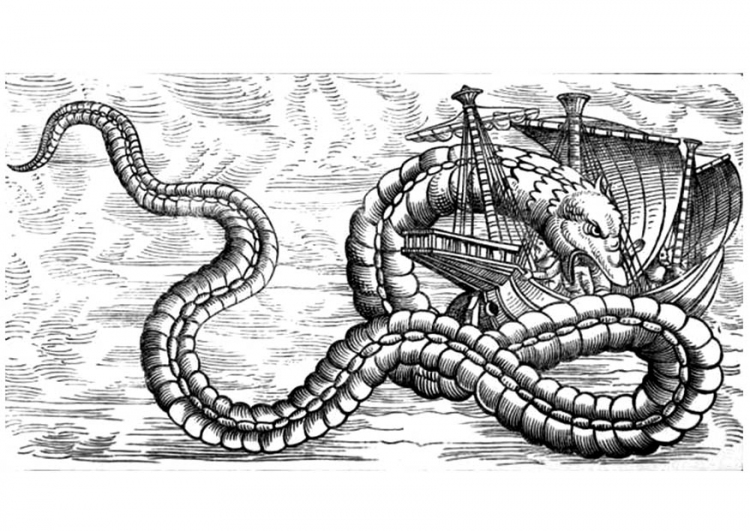It’s Bad Luck to Change the Name of a Boat
Seafaring tradition has it that boats develop a life and mind of their own once they are named and Christened. If you do rename a boat, you absolutely must have a de-naming ceremony. Write the soon-to-be-exorcised name on a piece of paper, fold the paper, and place it in a small cardboard or wooden box. Burn the box. Scoop up the ashes and throw them into the sea on an outgoing tide. If you live on a lake, do it at night and only during a new moon. River dwellers should send the ashes downstream. You should also note that it is bad luck to name your boat with a word ending in “a,” although we have no idea why.
Never Whistle on a Boat
According to sailors’ lore, whistling into the wind was a sure way to raise a gale and “whistle up a storm.”
No Bananas on Board
Some suggest that because bananas spoiled so quickly, transporters had to get to their destination much more quickly. Thus, fisherman thus never caught anything while bananas were on board. Another possible origin had to do with the fruit fermenting so quickly. In the heat of the storage hull, bananas might produce deadly toxic fumes. Or, how about the species of deadly spider that might hide inside banana bunches. Their lethal bite caused crewman to die suddenly, heightening the fear that banana cargo was a bad omen.
Women on Board Bring Bad Luck
Women were said to distract the sailors from their sea duties. This kind of behavior angered the intemperate seas that would take their revenge out on the ship. Funny enough, naked women on board were completely welcome. That’s because naked women “calmed the sea”. This is why ships’ typically had a figure of a topless women perched on the bow of the ship. Her bare breasts “shamed the stormy seas into calm” and her open eyes guided the seamen to safety.
It’s Bad Luck to Go Boating on Some Days
Thursdays, Fridays, the first Monday in April and the second Monday in August have traditionally been considered bad luck for sailing.
Thursdays are bad sailing days because it is the “Day of Thor”, the god of thunder and storms at sea.
Fridays have always been considered unlucky as Jesus Christ was crucified on a Friday.
The first Monday in April was the day Cain slew Abel
The second Monday in August is the day the kingdoms of Sodom and Gomorrah were destroyed.
Forbidden Words
From the early days of shipping, many words have been banned from use on ships. Some words such as “good bye” and “drowned” were prohibited to ensure safe return of the ship and its crew. And if someone says “good luck” to you, it is sure to bring about bad luck. The only way to reverse the curse is by drawing blood, so usually a good punch in the nose will do.
Cats are Good Luck on Boats
While black cats might get a bad rap on land, this sailors’ superstition sees felines in a more favorable light. Sailors were known to adopt a “ship’s cat” as it would bring the boat good luck. Cats on ships were believed to have superpowers and be able to predict the weather. For example, if a cat licked its fur against the grain it meant a hailstorm was coming; if it sneezed, rain was on the way; and if it was frisky, the wind would soon blow. Sailors believed cats could start storms with the magic stored in their tails so they always kept them well fed and contented. If a ship’s cat came to a sailor, it meant good luck. Conversely, if the ships cat approached a sailor and then went away, it was bad luck. Beyond being lucky charms, they served practical purposes, hunting stowaway rodents and being great companions to the sailors.
